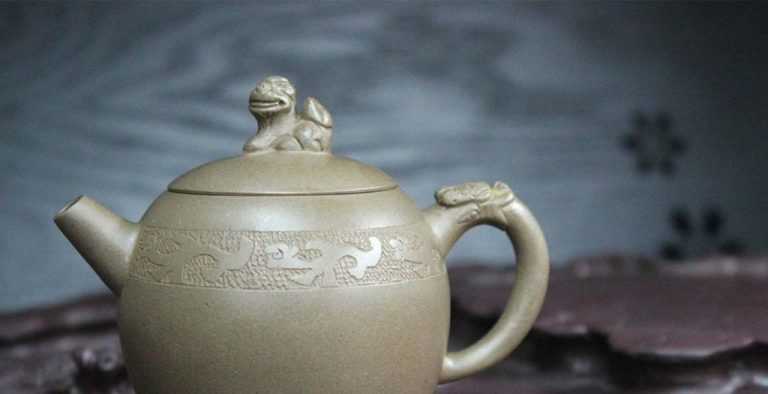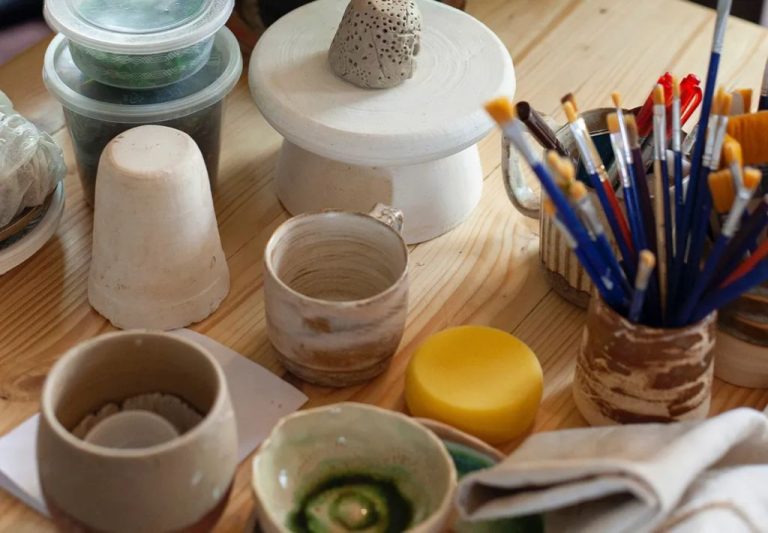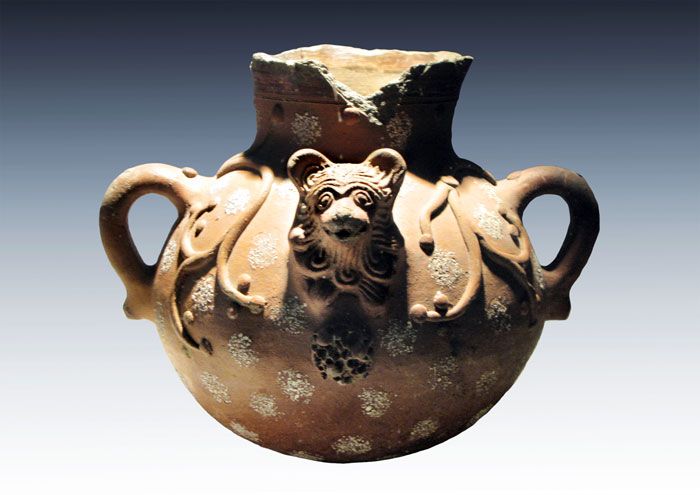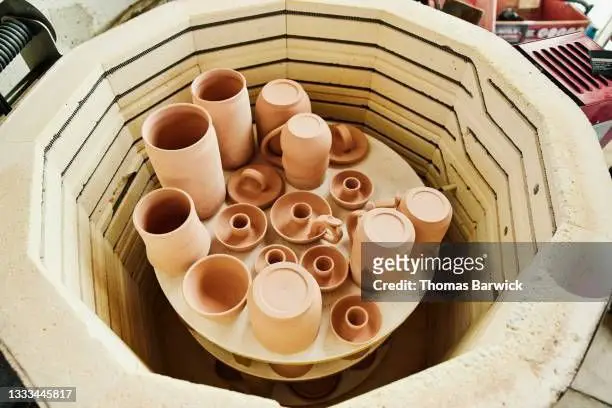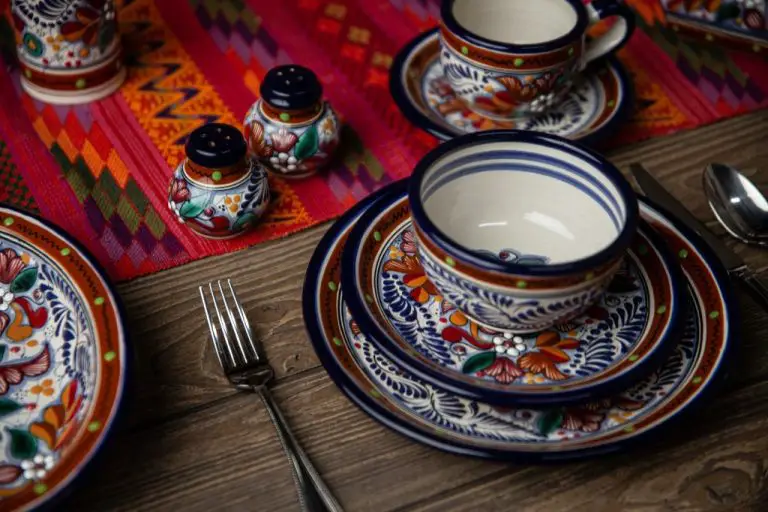What Clay To Use For Lps Customs?
Littlest Pet Shop (LPS) figures have been beloved by children and collectors alike since their introduction in the early 2000s. These cute little animal figurines inspire creativity and imagination through play. A popular activity within the LPS enthusiast community is creating customized or modified versions of the figures, known as “LPS customs”.
When creating LPS customs, the choice of which clay or sculpting material to use is important. Different clays have different properties that lend themselves to certain techniques and styles. The most common clays used for LPS customs include polymer clay, Apoxie Sculpt, air dry clay, paper clay, epoxy clay, and oil-based clay. Each has its own strengths and weaknesses to consider when embarking on an LPS customization project.
Polymer Clay
Polymer clay is one of the most popular choices for LPS customs due to its durability, flexibility, and ability to retain moisture. Unlike other clays, polymer clay remains malleable and workable until baked or cured in the oven. This makes it easy to continually reshape and finesse a custom during the creation process. Polymer clay also stands up well to handling and posing once cured, unlike clays that dry out and become brittle over time.
The flexibility of polymer clay allows it to bend slightly rather than snap when under stress. This gives polymer clay customs more lifelike movement and range of motion for posing. Paired with durability, the flexibility helps prevent small details and extremities from cracking and chipping easily during playtime. Polymer clay brands like Sculpey and Fimo are designed not to dry out, so customs maintain their look and feel even years later.
Overall, polymer clay’s versatile sculpting properties and durable finished results make it a top pick for LPS collectors and customizers. The range of colors, ability to mix and blend shades, and forgiving workability allow endless creative possibilities for customization.
Apoxie Sculpt
Apoxie Sculpt is an excellent choice for LPS customs due to its versatility and ease of use. This two-part epoxy clay becomes fully cured and hard in just 24 hours at room temperature. It bonds to virtually any surface, including other cured clays, wood, metal, glass, and most plastics.
One of the biggest benefits of Apoxie Sculpt is how quickly it dries. You can begin smoothing and sculpting within 2-4 hours, and sanding within 4-6 hours. This fast drying time allows you to work efficiently and complete projects quickly. The clay also doesn’t become sticky or tacky while curing, which prevents messes and frustration.
When fully cured, Apoxie Sculpt sands beautifully. It has a smooth, consistent texture that makes the sanding process easy. You can quickly smooth seams and sculpt fine details using various grits of sandpaper. The clay retains crisp edges without crumbling after sanding as well.
With its versatility, fast drying time, and sandability, Apoxie Sculpt is an optimal choice for LPS customs and modifications requiring sculpting, molding, filling gaps, and more.
Air Dry Clay
Air dry clay is one of the most affordable clays for LPS customs. It can be found at most craft stores for just a few dollars per package. This makes it a great option if you want to experiment with customizing on a budget.
One of the best features of air dry clay is that it dries very quickly. You don’t need to bake it in the oven or wait overnight for it to cure. Simply mold your custom, set it out to dry, and it will be ready in 1-2 hours. This allows you to work quickly and complete projects in just an afternoon.
The downside to air dry clay is that when it dries, it becomes quite fragile. The finished product will be lightweight yet brittle. Dropping a custom made with air dry clay risks it cracking or shattering. Be careful when handling customs after they have dried.
Paper Clay
Paper clay is an air-dry clay that contains cellulose fiber from paper, which makes it extremely lightweight. The paper fiber helps bind the clay together without compromising its strength and durability. Unlike other clays, paper clay can be very thin and delicate while still holding its shape when dry.
The lightweight and porous nature of paper clay makes it an excellent choice for highly detailed LPS customs. You can sculpt extremely fine details into paper clay that would be difficult with a heavier clay. Things like delicate wings, fine strands of hair, intricate clothing textures, and more are easy to achieve with paper clay without parts cracking or getting weighed down.
Paper clay also takes acrylic paints and varnishes very well. The porous surface allows paint to adhere nicely. Paper clay is ideal if you want your custom LPS to be lightweight and have a smooth surface for painting on the finest details.
Epoxy Clay
Epoxy clay is a two-part sculpting compound that cures to create a durable, hard finish. The two components – an epoxy resin and a hardener – must be kneaded together thoroughly in equal parts in order for the chemical reaction to take place. Once mixed, epoxy clay has a work time of a few hours during which it can be shaped. As it cures, epoxy clay hardens into a strong, rigid material that is resistant to chipping and cracking.
One of the major benefits of epoxy clay is that it does not shrink as it cures. This makes it an excellent choice for making detailed sculpts and miniatures where precision is important. The non-shrinking quality also allows layers of epoxy clay to be added and blended seamlessly.
Finished epoxy clay pieces are waterproof and can be drilled, sanded, and painted once fully cured. The hardened clay is incredibly durable and resistant to heat and chemicals. Epoxy clay sculpts make long-lasting finished products for a range of applications from making jewelry to prototyping models.
Oil-Based Clay
Oil-based clays like Monster Clay and Chavant Clay are popular choices for making LPS customs. These clays have a very smooth, malleable texture that makes sculpting details easy. The oil content in the clay keeps it workable so you can continually smooth and reshape the clay as you work.
Oil-based clays don’t dry out or harden, allowing you to take your time perfecting the custom. You can re-warm and reuse any leftover clay as well. The flexible nature of oil-based clays makes them ideal for achieving intricate designs and patterns in LPS customs without the clay cracking.
Because they remain malleable, oil-based clays will need to be sealed before painting. Coating the sculpture with a clear finish like varnish or acrylic medium will harden the surface enough for painting. When properly sealed, oil-based clays make durable customs that will hold their shape with normal play.
Comparison
When comparing the different types of clay for Littlest Pet Shop customs, there are pros and cons to each option:
Polymer Clay
Pros: Durable, holds details well, can be baked for permanence, wide range of colors, brands like Sculpey and Fimo are readily available
Cons: Can be sticky and soft, not good for large sculptures, baking required, expensive compared to other clays
Apoxie Sculpt
Pros: Strong and durable, easy to sculpt smooth details, sets without baking, waterproof when dry
Cons: Limited color options, more expensive than other air dry clays
Air Dry Clay
Pros: Very affordable, sets at room temperature, variety of colors and brands, good for sculpting details
Cons: Brittle when dry, pieces may need bonding, painting required for color
Paper Clay
Pros: Lightweight, easy to sculpt fine details, no baking required, inexpensive
Cons: Needs sealing for permanence, prone to cracking and chipping when dry
Epoxy Clay
Pros: Self-hardening, bonds strongly, machinable when dry, takes paint well
Cons: Limited work time, pliable when set so not good for fine details, toxic fumes
Oil-Based Clay
Pros: Never fully dries, reusable, smooth texture good for sculpting
Cons: Requires armature, never hardens fully, surface needs protection, staining concerns
Best Practices
When working with clay for LPS customs, following some best practices can help ensure your creations turn out their best.
Storage
Properly storing your clay is important for preserving its consistency and workability. Keep unused clay sealed in an airtight container or bag. Avoid exposing it to direct sunlight and extreme temperatures which can cause it to become dry or melt. Storing clay in the fridge can help prolong its shelf life.
Mixing Colors
The color possibilities are endless when mixing custom clay colors. Use a palette knife or toothpick for blending small amounts of clay. Knead colors together thoroughly until the clay is a uniform color. Mix colors little by little to control the shade. Consider making a color log to record custom mixes for future projects.
Baking
Follow the manufacturer’s instructions for proper baking times and temperatures. Under-baking can result in weak, sticky clay while overbaking may scorch or discolor it. Place clay directly on the oven rack or baking surface rather than in a metal pan which can conduct more heat. Allow clay creations to cool completely before handling to prevent breakage or fingerprints.
Conclusion
There are several types of clay that can be used effectively for LPS customs, each with their own strengths and weaknesses. Based on the comparison, polymer clay and apoxie sculpt emerge as two of the best options.
Polymer clay is lightweight, easy to work with, bakes to a hard finish, and comes in a wide variety of colors. It’s an excellent choice for doing full custom repaints and sculpts. Apoxie sculpt has superior strength and detailing ability. It has a long working time and bonds permanently without baking. This makes it ideal for doing small repairs, modifications, and additions.
Paper clay and air dry clay are good budget options, but don’t achieve the same hardness and durability as polymer and apoxie. Epoxy clay is toxic and requires extensive safety precautions. Oil-based clays are messier and can remain sticky if not properly baked.
For the best results, start with high-quality, name brand polymer or apoxie sculpt clays. Use tight fitting armatures for extensive sculpts. Bake all polymer clay pieces fully according to package directions. And take care to smooth and blend seams thoroughly for a seamless finish.
With the right clay and techniques, the possibilities for customizing LPS figures are nearly endless. This guide provides the key factors to consider when selecting a clay and executing your creative vision.

